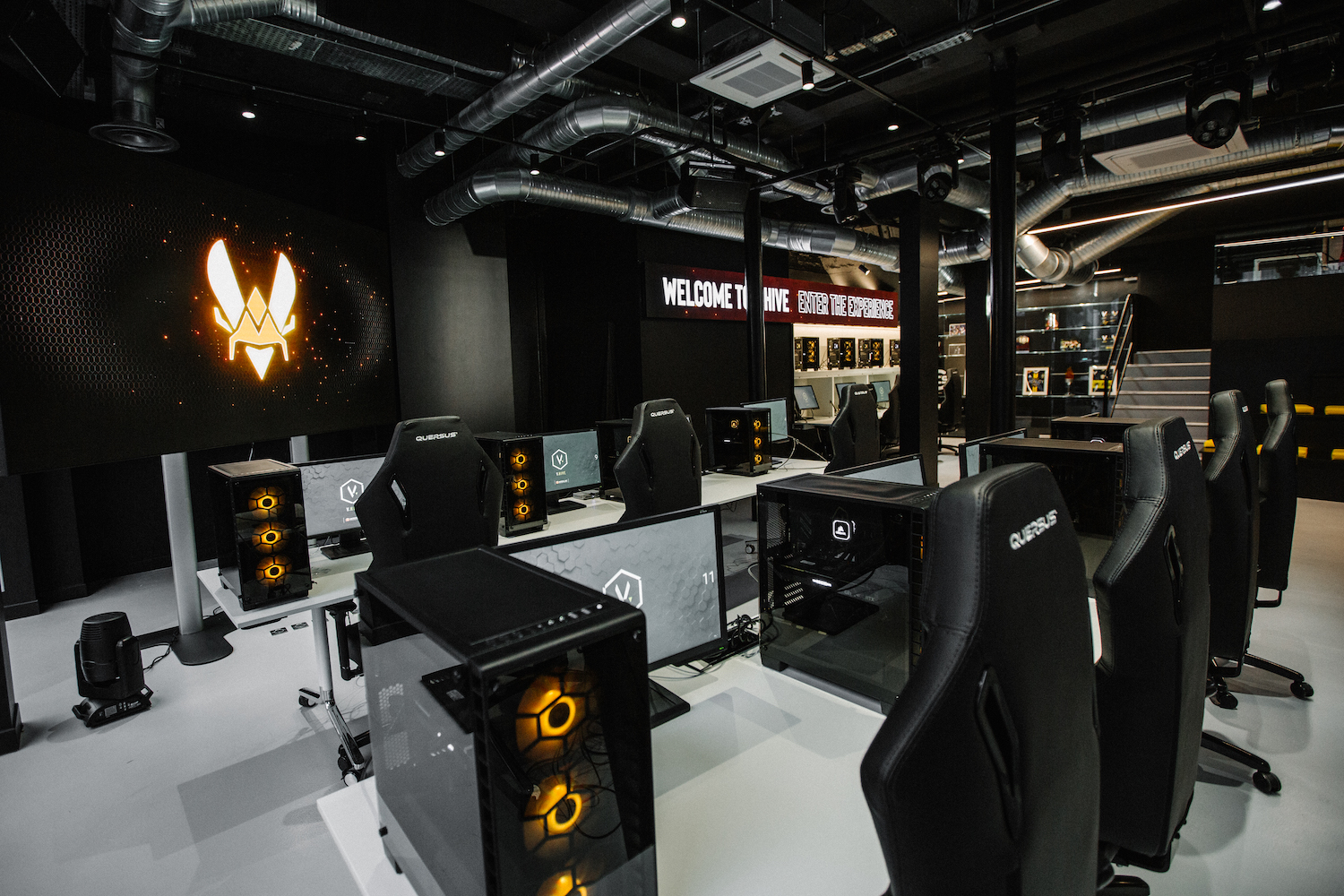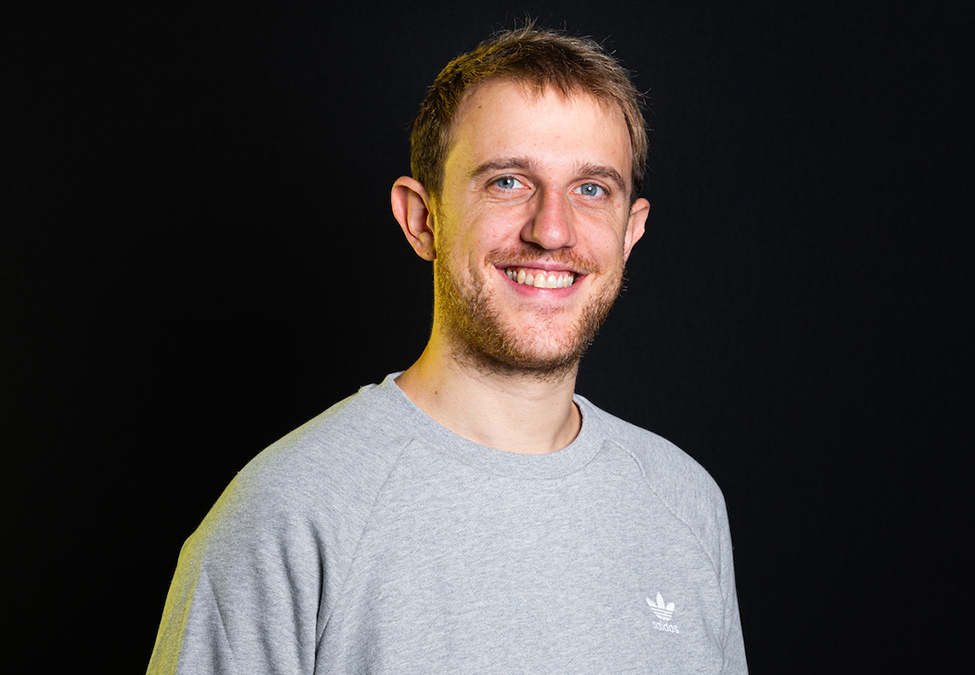French organisation Team Vitality packed 2019 full of major moves and bold statements. From establishing its new V.Hive headquarters in central Paris to the training facility at Stade de France and entering Riot Games’ franchised League of Legends European Championship (LEC), Vitality kept rather busy – and raised another €14 million in funding, no less.
Those moves provided the foundation for Vitality’s agenda for 2020 and beyond, which includes expanding into Asia, attempting a new path to League of Legends success, and building a more powerful connection with fans. Esports Insider caught up with Team Vitality CEO Nicolas Maurer to discuss his vision for what’s ahead.
(Note: This interview was originally conducted in January for The Esports Journal, ahead of the wider global impact of coronavirus [COVID-19].)

ESI: Can you talk a bit about Vitality’s growth and evolution throughout 2019?
NM: 2019 was a key year for us with a lot of milestones. It was the first year in the new product of the LEC, which was very important for the organisation. We put in a lot of effort to make sure we could get selected by Riot for the LEC, so it was very important for us. On top of that, we unveiled our flagship V.Hive, which is a long-term project that will be the centrepiece of what we want to do in the coming years. It will be our flagship to organise a lot of community events and to work with our partners. It’s a very important step for us.
Also, we partnered with Stade de France to build a training and performance facility that will be very important moving forward, to make sure we can give the best conditions to our teams to perform. There’s a lot of very, very important moments. Obviously, some esports success, notably with the World Championship in Rocket League. So a lot going on in 2019. We grew a lot when it comes to the staff that we have at HQ in the sales, communications, partnerships, and content departments.
So yeah, big change – and new fundraising, too. I’m sure I’m forgetting a lot of things, but we kept on going on our growth strategy, being very aggressive, and making sure we get all of the tools we need to succeed.
RELATED: Team Vitality enters multi-year partnership with CORSAIR
ESI: What did it mean to you to open V.Hive, and how will it help Vitality succeed in the future?
NM: We have to understand: what’s the overarching goal for us? It’s to build a very important brand that can engage with a lot of fans around the world. When it comes to a major part of our core fan base, which is the French fan base, we want to make sure we have this way of interacting and communicating with our fans, VIPs, and executives. It’s really to make sure we can build the emotional connection between Vitality and our fans, and this is the first step. We can imagine that we will unveil new places like that in the future, but of course we want to start with our main market.
ESI: How important is it to have a space where fans can interact with Vitality and experience the brand?
NM: We feel it’s very important. We think it’s something that’s untouched right now in esports. We have very limited interaction with our fans. It can only happen at Paris Games Week, for example, in France, which is the big gaming event where a lot of people come to enjoy gaming culture, to see the players, to see streamers and so on. It’s a big moment for us, but it’s only once a year, and then we have tournaments. We have League of Legends and CS:GO competitions around the world, but then it’s only a subset of fans that can join.
At the end of the day, we feel it’s very limited. If we want to build this connection, we want to make sure the fans can interact and see their favourite players, they can play with them, and they can engage. So yeah, we think we badly needed this specific place to achieve that.

ESI: There’s been a big push for health and wellness with your players. How has that shifted Vitality’s mindset towards training and team-building?
NM: I’d say that’s a very important topic for all of the top teams. It’s the trend right now in esports. When it comes to multi-gaming organisations, it’s not really about adding new games into the portfolio of teams, it’s: can we make sure we perform well with our main assets? When it comes to Vitality, for example, it means League of Legends and Counter-Strike. We can obviously see that if we were to achieve big success with those teams, it has 10 times the impact you can have with other games.
We want to make sure we get and have all the tools for these main teams to perform. When you have top players, you surround them with a very good coaching structure (which means a coach, an analyst, and everything you need to understand the game) to give them the right information, how they can play together, what’s the strategy, etc. Once you have that, the next step is to wonder: can I get the next percentage point so I have optimal performance?
That’s when communication, mental preparation, wellbeing, and physical shape become important to achieve optimal performance. That’s why you see this trend in the industry. Can we equip our players with everything to success? In that regard, we have the training facilities at Stade de France.
We are working with a lot of people coming from traditional sports. We’ve built a new performance team around the CS:GO guys. We will work with Thierry Ascione, who is the coach of Elina Svitolina, one of the best tennis players. He’s also the coach of Jo-Wilfried Tsonga, the French tennis player. This guy is coming to help our CS:GO team. He’s building an all-around performance team that will follow our CS:GO guys around the world all year long, so we make sure they have all the preparation, all the tools to communicate properly as a team. All of the experience coming from a top-level traditional sport.
RELATED: Team Vitality bolsters performance team with three additions
ESI: Going into 2020, what are Vitality’s plans and expectations for this year?
NM: We want to make sure we can achieve our performance goal with the main teams. We’re in a very different situation if we look at League of Legends and Counter-Strike.
Counter-Strike, we want to win a major – simply put. That’s a very tough objective, very hard to achieve, but we feel that we have the right players, the right coaching staff, and we have everything to succeed. Now it’s on all of us in the organization: players, coaching staff, everyone to make sure we can achieve this goal. Basically, in Counter-Strike, we want to be one of the best teams in the world or the best team in the world, so that’s a good challenge.
Obviously, League of Legends, we’re coming from a different situation because we’re rebuilding. We are completely changing the infrastructure. We have, right now, our two League of Legends teams based in Berlin, where before we had the LEC team there and the Academy team in France. Now everyone is going to Berlin to work together in the same office space with the two coaching staffs. The goal there is to make sure we have a cycle of two years–we want to go to League of Legends Worlds in 2021.
We have very promising rookies to do so. I think we have the best coaching staff in the LEC, with Duke coming from Splyce/MAD Lions with a lot of experience there working with rookies, plus Mephisto coming from Fnatic and Mitch Voorspoels coming over from G2. I think we are working with the best people in this industry, and we are building and rebuilding, reshaping our League infrastructure. League is more of a long-term plan – when I say long-term in esports, it’s two years. Let’s say it’s a two-year plan where we want to develop our promising rookie talent to make sure we can go to Worlds.
And then, of course, we are ambitious for our other teams, for example, Rocket League. We come from a year that’s close to perfect, with the World Championship title and then the final in the second World Championship. Of course, Rocket League, we want to keep the trend going. Fortnite, it will be an important year for us. We are reshaping our strategy to make sure we better understand the space. Fortnite has always been a bit complicated for us because success is not totally based on performance and it’s not totally based on streaming. It’s something that’s kind of a hybrid, and we want to make sure we understand it better for this year.
Read the full version of this article in Edition 4 of The Esports Journal.
